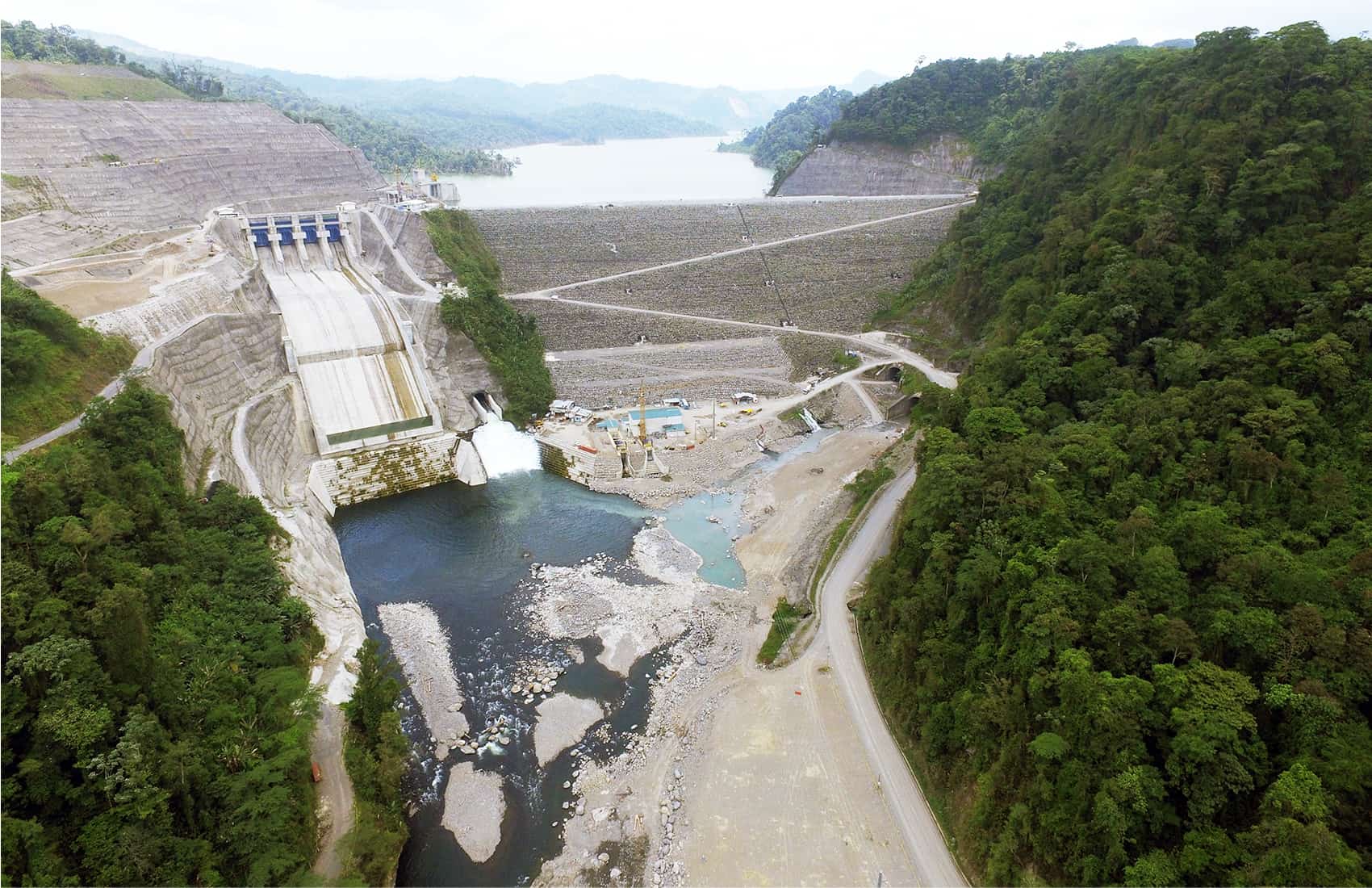Three German investors have filed an investment arbitration claim against Costa Rica before the International Centre for Settlement of Investment Disputes (ICSID) for the expropriation of their land for the construction of a hydroelectric power plant.
It’s based on accusations against the Costa Rican government of destroying the natural habitats of thousands of endangered species. According to ICSID, the claim amounts to approximately $1.5 billion.
The investors’ request, registered by ICSID on May 17, 2023, alleges a breach of the 1994 Germany-Costa Rica Bilateral Investment Treaty.
The case
On February 25, 2021, Kurt Harald Grüninger, Alexandra Grüninger, and Sascha Spittel notified the Costa Rican Government of their intention to resort to investment arbitration for the losses suffered as a result of the land confiscated by the Costa Rican Electricity Institute (ICE) to build the Reventazón hydroelectric power plant.
They owned a property along the Reventazón River, with approximately 193 hectares of reforested land surrounding two protected lakes, home to many species of flora and fauna, and a rafting beach frequented by tourists. The estate had views of the Turrialba Volcano, making it an ideal place for tourism.
The plaintiffs claim that Costa Rica, through ICE, extracted significant volumes of construction material from the river wall that supports part of Lancaster. They also accused the government of destroying the watercraft beach and altering the river’s course. They reported numerous landslides due to the excavation and extraction of materials related to the construction of the Power Plant.
In addition, they declared that all these construction works had put the riparian part of Lancaster and its main lake at risk of collapse.
Finally, the petitioners argued that the property was no longer suitable for the development projects they had planned and that they had not received any compensation from Costa Rica.
The Reventazón
The Inter-American Development Bank financed the Reventazón hydroelectric power plant, one of the largest in Central America.
It began operations in 2016 and was managed by the Costa Rican Electricity Institute (ICE). Earlier this year, there have been warnings of possible risks in the Reventazón reservoir. ICE announced it would be emptying it due to cracks and leaks.
Environmental damage
The Lancaster estate was of great ecological value, as Lakes are home to some of the planet’s most unique and endangered species of flora and fauna. They were declared protected wetlands in 1994.
Also, they’re located on the Barbilla-Destierro Biological Corridor (Jaguar Trail), one of Costa Rica’s most important wildlife corridors. The Jaguar Trail is vital in the free migration of jaguars and threatened wildlife.
The Grüningers and Spittel claim damages on their conservation and ecotourism investments. Since they acquired the property, they have reforested and rehabilitated lakes, built road access, and installed a water supply system.






